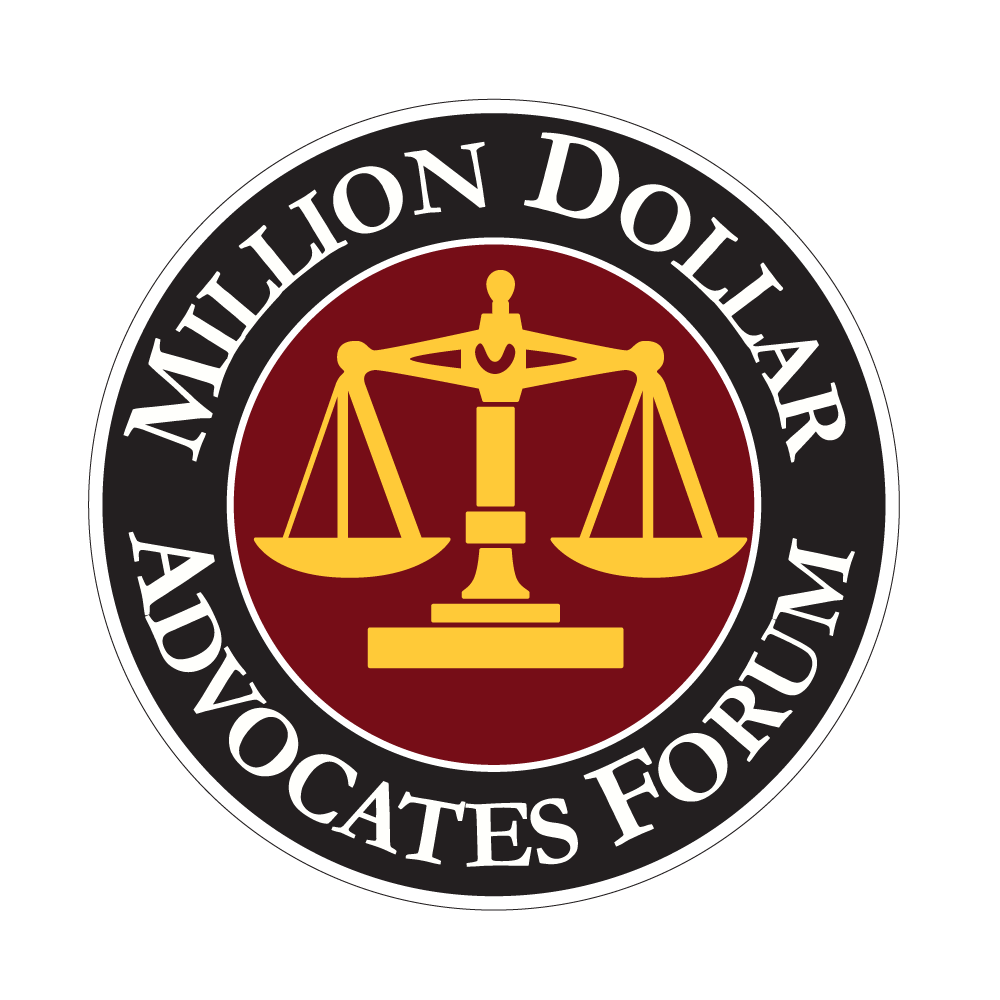One of the most complex insurance coverages we find ourselves explaining to clients is underinsured insurance and how it works. Underinsured insurance is insurance coverage that helps you if the at-fault party’s insurance is not enough for you to recover. Underinsured insurance is not required by state law, but it is the most important insurance a motorcyclist can have. It is strongly recommended that every rider carry this coverage on their motorcycle and every car in their household. Underinsured coverage pays in addition to the liability coverage of the driver that injures you if your damages exceed the liability limits of the at-fault driver. If the motorcycle involved in the wreck has underinsured coverage and the damages are large enough, the underinsured coverage from every insurance policy in the household, including relatives living in the household, can be added together to greatly increase the amount of coverage available.
How it works: Let’s say you carry $100,000 of underinsured insurance for your motorcycle on one policy, and $100,000 of underinsured insurance on your primary vehicle policy. In that scenario, you could get recovery over and beyond the $30,000 minimum bodily injury liability limits required by the State of North Carolina from the at-fault party and you could recover more than the underinsured insurance coverage on the motorcycle policy. Therefore, in this scenario, you could potentially recover $200,000 in damages as a result if the motor vehicle accident. There is more to underinsured insurance in North Carolina, however, which is why the recovery wouldn’t be $230,000.
Unfortunately, North Carolina law states that underinsured insurance is offset against the bodily injury liability limits of the at-fault party, meaning you wouldn’t get the full $200,000 of your underinsured insurance policy limits off the motorcycle policy and vehicle policy, as well as the $30,000 from the at-fault party’s liability insurance. Instead, you would be looking at potentially $170,000 from your motorcycle policy and vehicle policy after the underinsured insurance limits are offset against the bodily injury liability limits, and $30,000 from the at-fault liability insurance, giving you a total recovery of $200,000.
Insurance is often complex and convoluted. If you have questions about your insurance coverage or your case, contact us at Iron Horse Motorcycle Lawyers. We are your trusted and experienced motorcycle lawyers, we have handled countless cases and worked through countless insurance policies.







